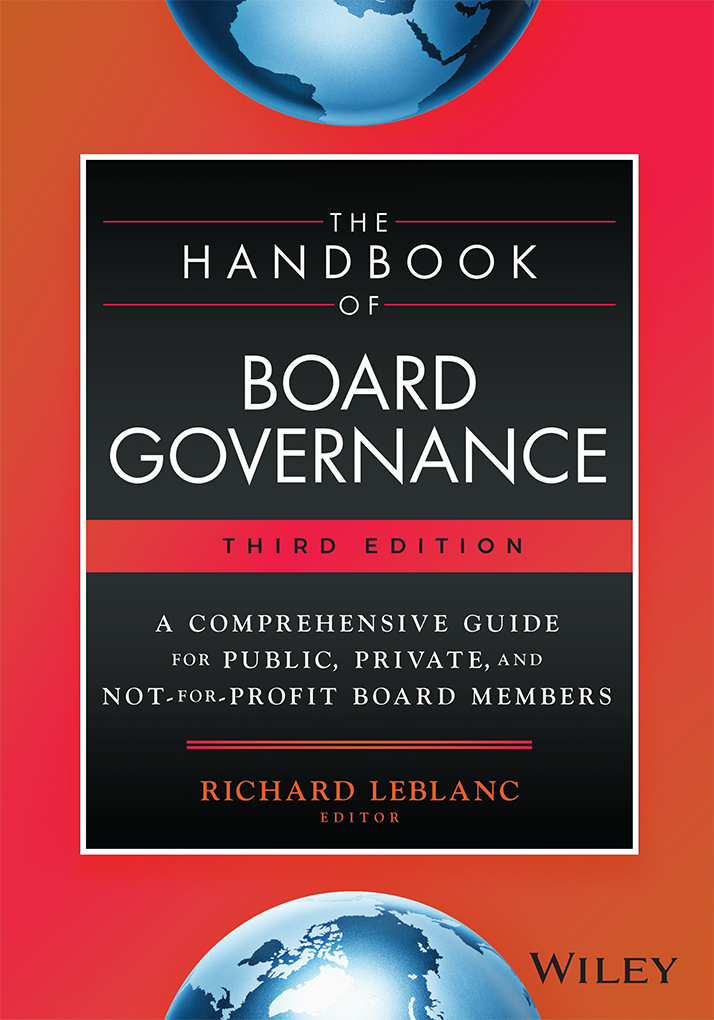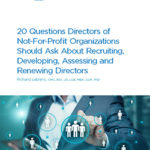It took Canada’s first female and openly gay Premier, Kathleen Wynne, less than three months to express strong support for gender diversity on corporate boards (see page 291 of the Ontario budget, and a radio interview earlier this week with the Minister Responsible for Women’s Issues, Laurel Broten.
Diversity is not a priority for the Harper government. A committee has been formed to study the issue. Concrete action is needed, not committees or more talk. Numerous countries have pressed forward with diversity legislation since the financial crisis. Canada, with the exception of Quebec, is a noticeable exception. Our numbers are terrible.
Why did Wynne do this?
We have hints in her remarks after she became Premier and in her leadership speech at the Ontario Liberal Convention.
“We are a people rooted in diversity,” she said. “That’s how we came here. That’s who we are.”
“We are all capable of so much… I’ve offered myself to you as leader because of that optimism. Because of that love, that potential, and that possibility. That is what drives me.” [emphasis added].
See at 11:21 here:
“Can a gay woman win?” Wynne went on to say that the Province has changed and that “I do not believe the people of Ontario judge their leaders on the basis of race, sexual orientation, colour or religion. I don’t believe they hold that prejudice in their hearts.” [applause].
“They judge us on our merits, on our abilities, on our expertise, on our ideas. Because that is the way everyone deserves to be judged.”
You could just as easily insert directors and shareholders above:
[I do not believe shareholders judge their directors on the basis of race, sexual orientation, colour or religion…
Shareholders judge us on our merits, on our merits, abilities, and expertise. Because that is the way everyone deserved to be judged.]
For Ontario, where our largest stock exchange is located, this is a welcome breath of fresh air. I have taught and advised 100s of women who are enormously frustrated at the blockage on boards by over-tenured, over-boarded, entrenched pedigree directors. It is high time this changed and “comply or explain” using the Australian model is the best Canadian way to address diversity in my view.
See the Australian definition of diversity and broader diversity website:
“Diversity at ASX refers to all the characteristics that make individuals different from each other. It includes characteristics or factors such as religion, race, ethnicity, language, gender, sexual orientation, disability, age or any other area of potential difference. Diversity at ASX is about the commitment to equality and the treating of all individuals with respect.”
Ontario should define diversity explicitly and then have companies disclose their objectives and progress against that definition, both for boards and for senior management. It is important that diversity be interpreted as more than gender and Wynne’s background may have had a part to play in favoring the Australian model.
Business icon Warren Buffett has said women are the key to America’s prosperity. Richard Branson has weighed in on why we need more women in the boardroom.
After observing dozens of board meetings over the last fifteen years and interviewing hundreds of directors, the dialogue and behavior changes with women in boardrooms. More and different questions get asked, groupthink is avoided, and people come prepared. I have yet to see a single woman unprepared for a board meeting. I have seen dozens of men.
Directors should be selected on the basis of merit, not personal relationships.
What is needed is political leadership. We have this in the new Ontario Premier.
Posted by Richard Leblanc on May 31, 2013 at 1:33 pm in Diversity |












